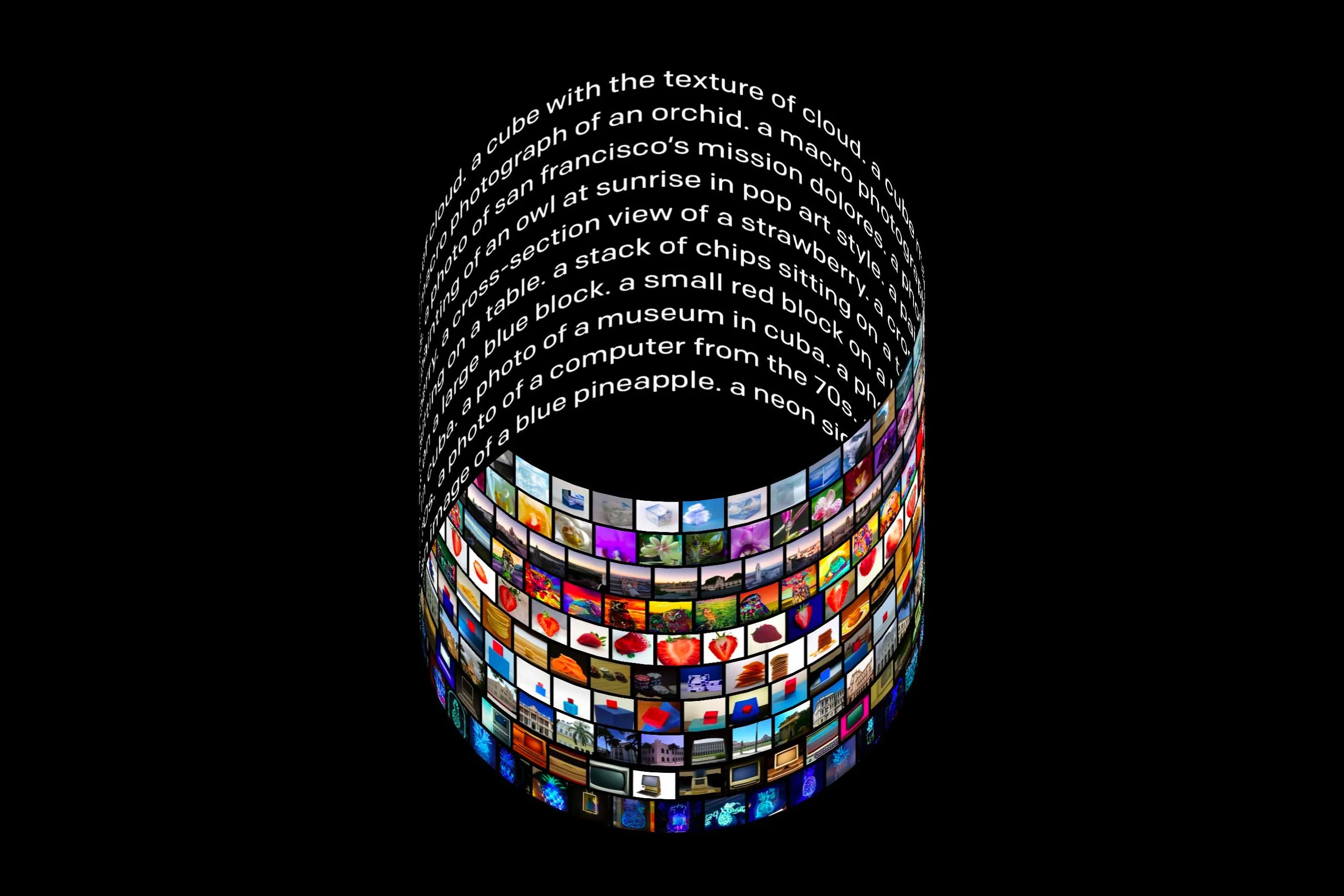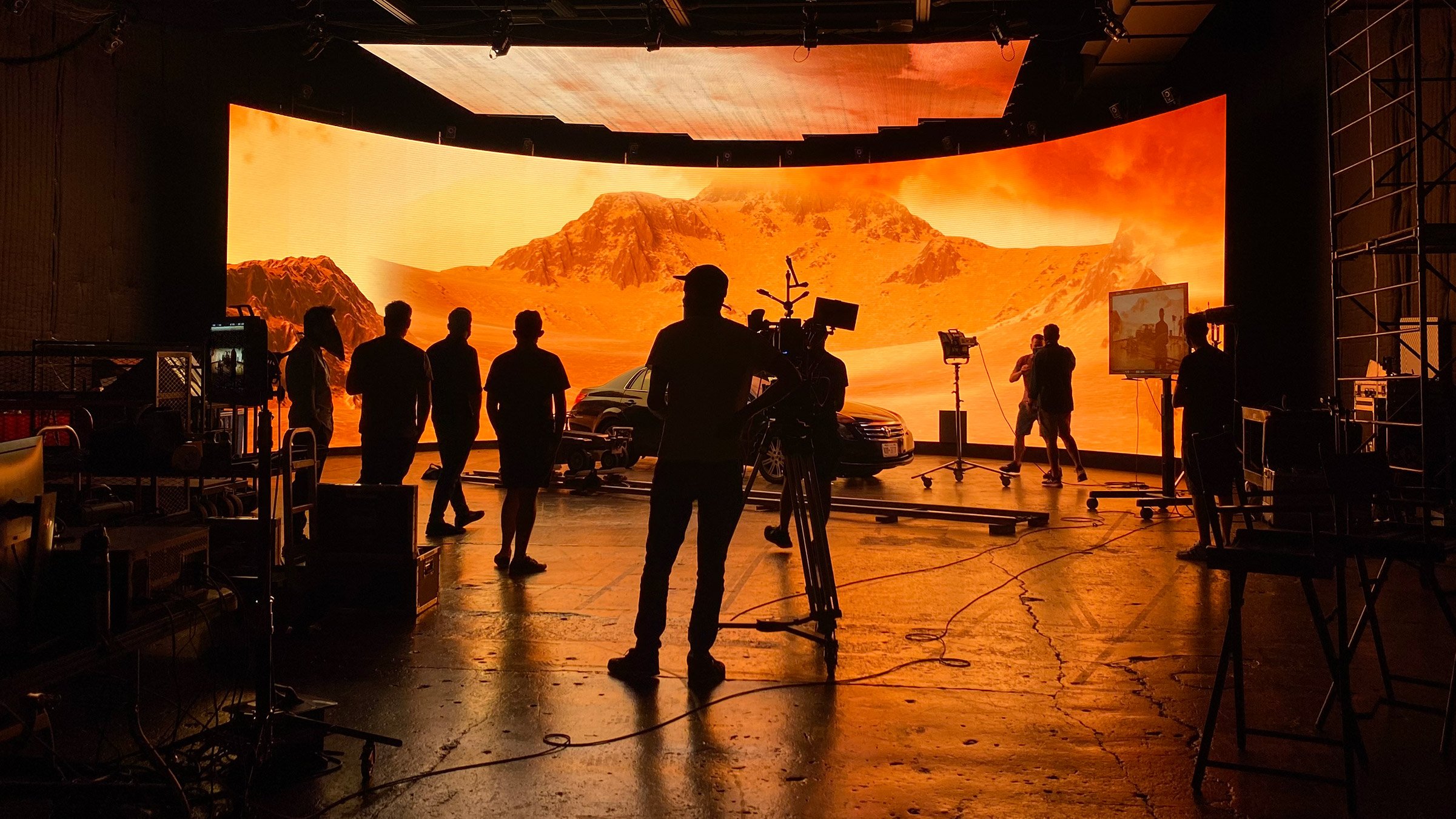Blockchain is being embraced by many in the entertainment industry. It is known for enabling content creators to cut out the middle man, reduce copyright infringements, enhance royalty payments, and more. This article dives into 9 ways blockchain is changing the film industry.
AI and Virtual Production: The Past Meets the Future
Technology has played a critical role in the film industry since its inception. Advances in the film industry are always closely related to technological advances in society, integrating them quickly into the filmmaking process. Almost every aspect of filmmaking, from pre-production to post-production, from digital cameras, editing software, sound and music, distribution, exhibition, and of course, special effects, has undergone major changes and has evolved over the last 190 years.
Contemporary, traditional film production involves building physical sets, scouting locations, and coordinating large crews and equipment, all of which can be time-consuming and expensive. To overcome some of these "problems" or “needs” was born what we know today as Virtual Production. Virtual production has and will be further enhanced by the opportunities afforded by artificial intelligence.
Massive Software’s Influence on Popular Fantasy Film
Massive Software creates hordes of fantasy armies using Artificial Intelligence and in doing so it has changed the fantasy entertainment game. Their realism is largely due to fuzzy logic, a “way to create naturalistic and subtle behavior” that human viewers will interpret as realistic and powerful. This combined with emergent technology offers a wide array of opportunity for creators.
Jazz Artists and the Business of Music: Digital Collaborations and Live Streaming
Throughout history, jazz has been on the cutting edge of social and cultural change. It has always represented a means of freedom and self-expression in both the brightest and darkest of times. Jazz artists have historically pushed the boundaries of their own genre, as well as others. How does the genre continue to transform in the digital age?
AI in Spotify’s New ‘AI DJ’
While Spotify has been a frontrunner in the AI field for a decade, its increased infusion of AI into its algorithmic content suggestions has put it into the spotlight with its ‘AI DJ.’ Consumers return again and again to Spotify largely for its enhanced personalization that few other streaming platforms can match. While AI is central to that personalization, it hasn’t surfaced without baggage and some consumer retaliation. It is also worth considering how this technology will further perpetuate algorithmic biases that disproportionately affect Black musicians.
Multilingual Technology for Global Entertainment: A Case Study of Netflix
2022 Top 10 Articles
Every year we review our analytics to highlight what you, our readers, have found the most compelling. In 12 short months, we have witnessed waves of new technology erupt onto the marketplace, like OpenAI’s Dall-e, and others tumble into chaos, most notably cryptocurrency. The top 10 show how YOU have followed the change.
The Challenge to Keep Millennials and Gen Z Interested in Long-Form, High Quality Content: Part One
Millennial and Gen Z consumers have forever altered the entertainment landscape. Shifts in their viewing habits are being motivated by a sense of community, increasingly short attention spans, and pragmatic decision-making spurred by coming of age in a digital and internet-driven environment. To fulfill these motivations, they have increasingly turned their attention to short-form content. this article offers insights on how and why Gen Z and Millennial consumers watch content.
Managing Privacy, Identity, And Virtual Worlds In Video Games: Part Two
Managing Privacy, Identity, and Virtual Worlds in Video Games: Part One
The video gaming business is now a world-leading entertainment industry with nearly 180 billion U.S. dollars in market value (Statista, 2021). As more private information and in-game data are collected and utilized to support gaming, it may also threaten the safety of gamers' privacy. Therefore, it is essential for gaming companies to understand the business implications of collecting and using gamers’ private information. There have been studies that take account of the privacy landscape across industries, but privacy in the gaming industry remains less examined given its complexity and rapid recent growth.















